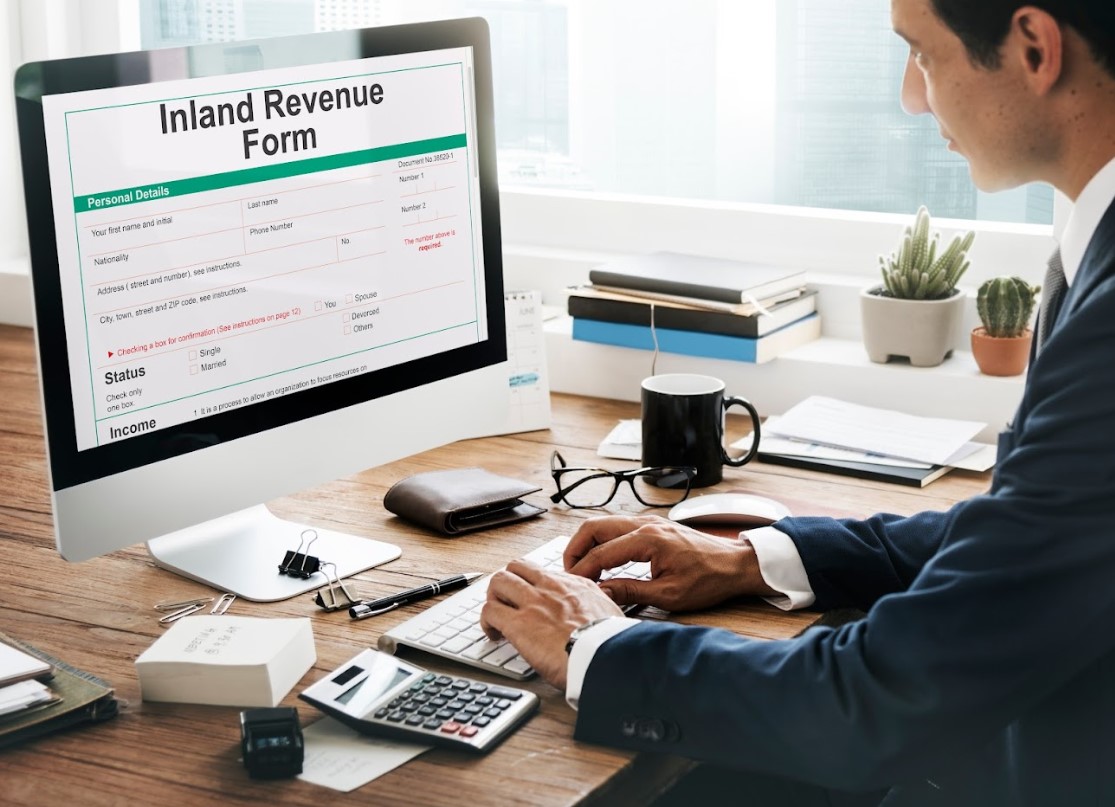
Getting Your First Steps Right in GST Registration Matters in Singapore
Written by: Keong Pei Li
Navigating the intricacies of Goods and Services Tax (GST) registration is a crucial step for businesses operating in Singapore. Whether you are a startup or an established enterprise, understanding the nuances of GST registration is essential for compliance and smooth business operations. This article aims to guide you through the process, ensuring that you get your first steps right in GST registration matters and related tax services in Singapore.
Understanding GST:
GST is a consumption tax levied on the supply of goods and services in Singapore. Currently set at 9% (2023:8%, 2022:7%), it is imposed on most goods and services provided by registered businesses and certain goods and services are exempted or rated at 0%. As such, the GST scheme is simple to adhere and comply with compared with other similar schemes in other countries. The Singapore Government has recently stated that the next GST increase will likely to be considered after 2030.
GST registration is mandatory for businesses whose annual taxable turnover exceeds S$1 million. However, voluntary registration is also possible for businesses with turnover below this threshold, allowing them to claim input tax credits. Failure to register GST or attempts to avoid GST registration comes with serious penalties and consequences for businesses.
Determining GST Registration Eligibility:
Before diving into the registration process, businesses must assess their eligibility and consider if the business made or expects to make S$1 million in turnover. The result of this assessment will lead to two types of GST registration approach for businesses:
- Compulsory Registration
- Voluntary Registration
Compulsory registration:
- Under the retrospective view, a company is required to register for GST if its taxable turnover is more than S$1 million at the end of the calendar year i.e. 31 December (from 1 January 2019 onwards).
- Under the prospective view, a company needs to register for GST if its taxable turnover is expected/forecasted (with certainty) to be more than S$1 million in the next 12 months.
Taxable turnover refers to the total value of all taxable supplies made in Singapore in the course or furtherance of business, which include:
- Standard-rated supplies (e.g. local supply of goods and services including the supply of imported low-value goods to individuals and businesses in Singapore that are not registered for GST from 1 January 2023), and
- Zero-rated supplies (e.g. export of goods or supply of international services),
but exclude (Non-taxable supplies):
- Exempt supplies (including exempt supplies that fall within the definition of international services, e.g. financial services provided to overseas persons and are thus zero-rated),
- Out-of-scope supplies (include sale of goods which did not enter Singapore and goods in transit, sales of overseas goods made within the Free Trade Zone and Zero GST Warehouses, and private transactions), and
- Sale of capital assets (e.g. sale of machinery, equipment, office building and furniture).
Voluntary registration
Businesses that are not expected to make S$1 million in taxable turnover but wish to be GST registered, may choose to register voluntarily with IRAS provided they qualify and satisfy the conditions for voluntary registration as follows:
- The business makes taxable supplies;
- The business only makes out-of-scope supplies;
- The business makes exempt supplies of financial services that are also international services; or
- The business procures services from overseas service providers or imports low-value goods and it would not be entitled to full input tax credit even if it were GST-registered.
If the business has not started any of the above transactions but has intention to engage in those activities in the predictable future, it could apply for voluntary GST registration. Conversely, business owners should not apply for GST registration if they do not have clear plans to engage in the above activities. Once GST registered, businesses must remain GST registered for at least 2 years.
Now that we have discussed the conditions for GST registration, let us look at the common misunderstandings on GST registration.
Common pitfalls on GST registration requirements in Singapore
i. When should a business register for GST?
Timing does matter, a business owner is required to apply for GST registration within 30 days from end of calendar year or from the date of forecast if the business taxable turnover at the end of the calendar year/in the next 12 months is more than S$1 million.
ii. If a business does not meet the criteria for compulsory GST registration, is it required to register for GST?
If the business annual taxable turnover does not exceed the S$1 million threshold, do not ignore the option of voluntary GST registration. Voluntary registration can be advantageous to the business after careful consideration as it enables the business to claim input tax on the expenses. Failing to consider this option can result in missed opportunities to claim back the GST paid on the purchases.
iii. Can a business owner split the taxable turnover across many entities to avoid exceeding the S$1million GST registration threshold?
The Inland Revenue Authority of Singapore (“IRAS”) has specific aggregation rules in determining whether turnover from businesses owned by common directors/partners/individuals should be assessed as a whole for GST registration purposes. The rules differ according to structures of the business operating as sole-proprietor, partnership or company.
Generally, if the IRAS takes that view the objective of splitting taxable revenue across multiple entities is to avoid GST registration, it will disregard such arrangements and register the entire business for GST with effect from the date it is liable for GST registration. Accordingly, GST would be applicable (and payable to IRAS) for turnover transactions that have occurred from date of registration, even though no GST was collected from the customers previously.
iv. Does a business owner wait for a notification from the IRAS to register for GST? Or would it be the responsibility of the company secretary, outsource accountant or tax advisor to notify the business owner on the obligation to register for GST?
GST is a self-assessed tax. The business owner and director of the company are responsible to monitor the company’s sales and register for GST if the projected taxable turnover is expected to exceed S$1 million.
Consequences of late registration for GST
Late registration for GST can lead to serious statutory and financial penalties for businesses:
- GST date of registration will be backdated to the date the businesses were liable to register.
- Businesses will have to account for and pay GST on the past sales starting from the effective date of registration, regardless of whether GST was collected from customers.
- Businesses may be fined up to S$10,000, plus an additional penalty of the GST due. Prosecution action may apply.
As such, it is important for businesses to register for GST on a timely basis to avoid late penalties and charges. In cases of genuine oversight and error, businesses could voluntarily come forward and disclose to IRAS on their late GST registration. For such voluntary disclosure, IRAS will consider waiving the late notification fines and penalties, on a case-by-case basis.
Conclusion:
Navigating GST registration matters in Singapore requires careful attention to detail and adherence to regulatory requirements. Tax services can assist in understanding eligibility criteria, preparing necessary documents, and following the registration process diligently. Remember, getting your first steps right in GST registration lays a solid foundation for future tax compliance and business success in Singapore’s dynamic marketplace. The expertise of a corporate services provider can be invaluable. From deciphering eligibility criteria to meticulously preparing essential documents, these professionals streamline the registration process, ensuring businesses adhere to regulatory requirements.
About Ledgen
Ledgen Group is a premier professional firm with 20 years of experience providing accounting, tax, corporate secretarial and payroll services to businesses. It is headquartered in Singapore and has direct presence in Malaysia and Hong Kong. Ledgen Group also operates in other parts of Asia, Europe and America through our affiliates network and partners globally. For queries on our services, please contact us @ enquiry@ledgengroup.com.
#outsourcing #professionalservices #GST #GSTregistration #GSTsingapore
Get in touch and discover how we can help
Got a question or inquiry? Come talk to us today.
Contact Us


